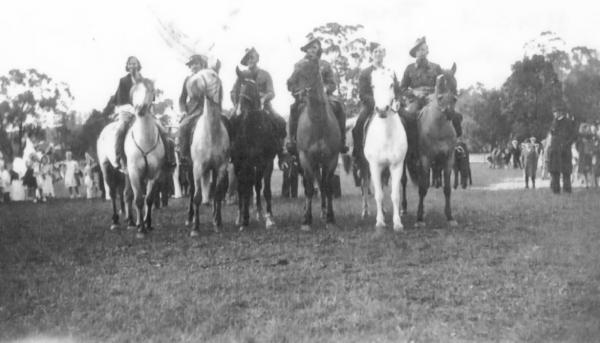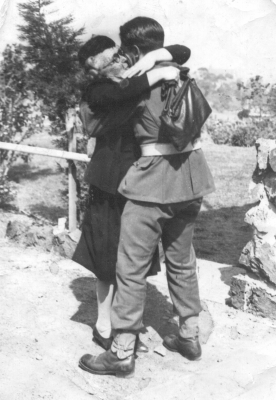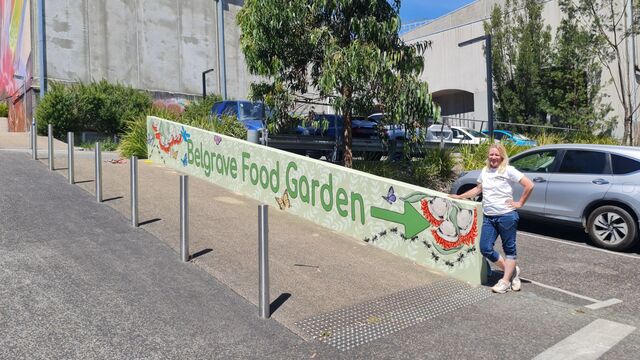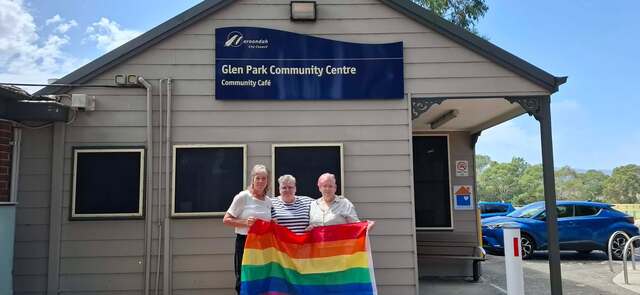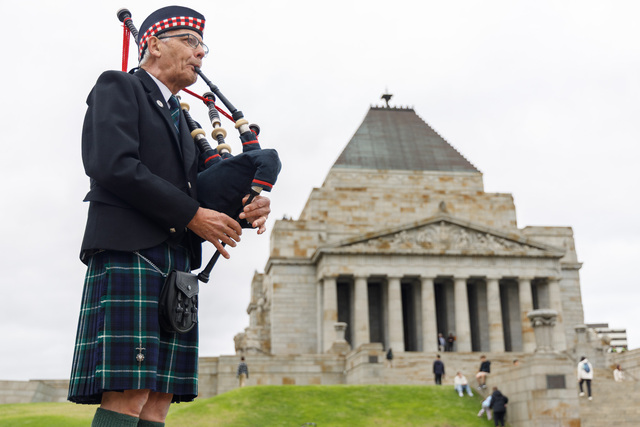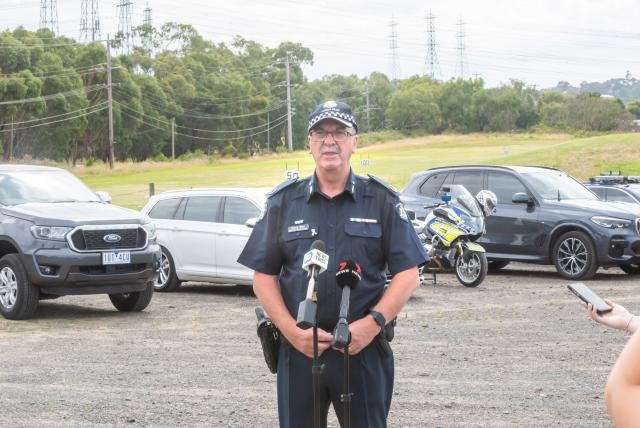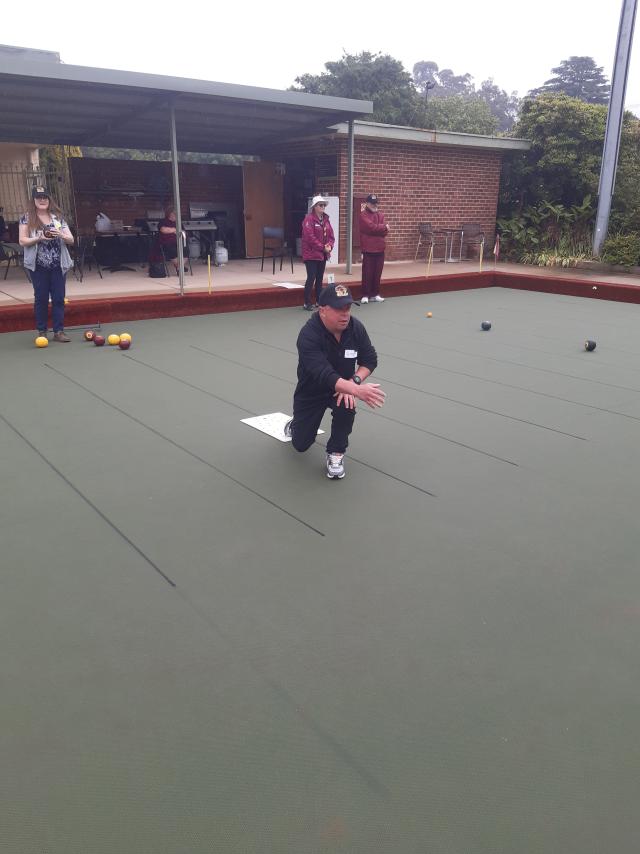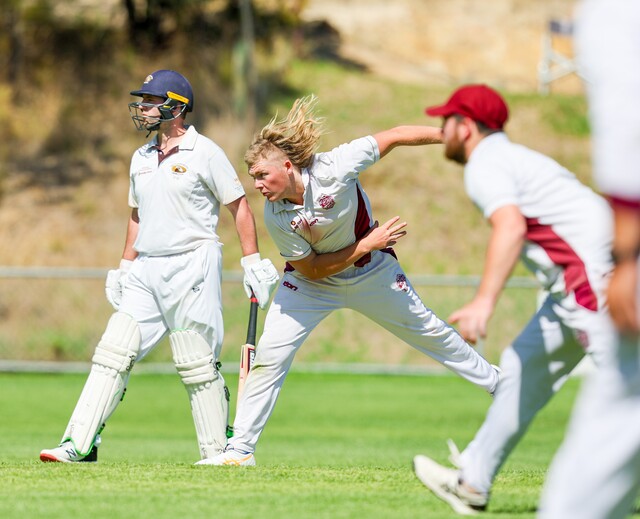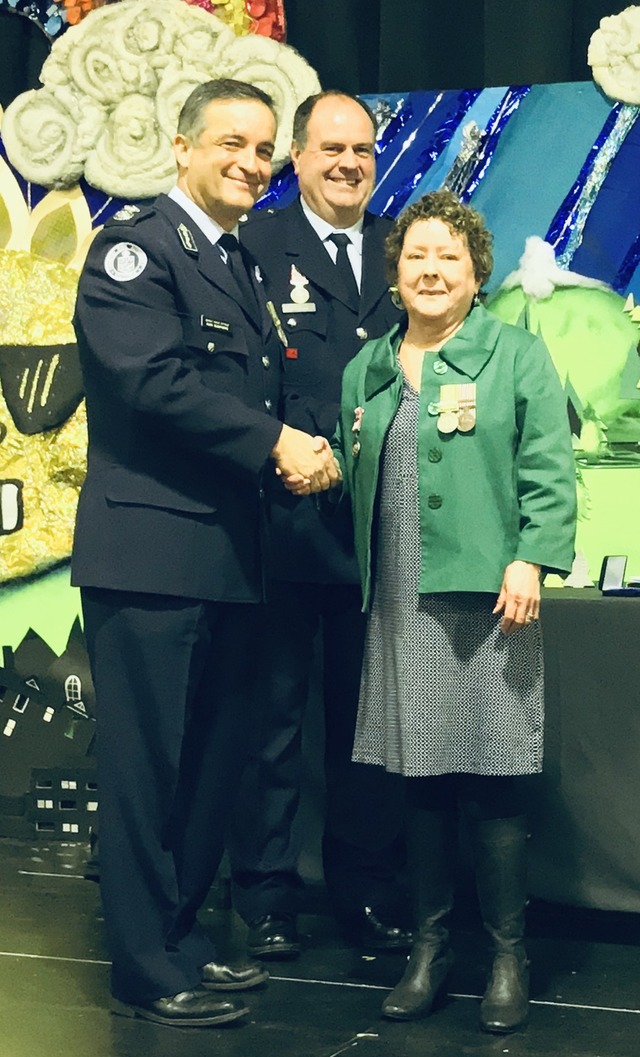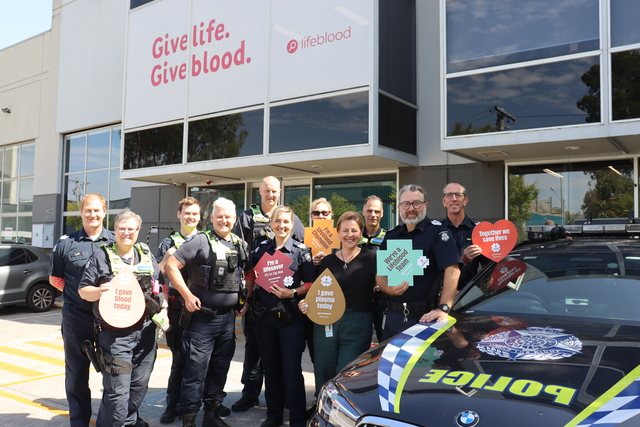At 9am on 15 August 1945 Prime Minister, Ben Chifley, broadcast to a waiting nation that the Japanese had surrendered and the Second World War was officially over.
Throughout this district, those lucky enough to hear the announcement rushed out of their homes and down to the main streets of their villages to spread the news.
In 1945 there were limited means of mass local communication and so most people rushed to the nearest fire bell to alert everyone. Traditionally its sound had warned residents of impending danger but on this day it heralded out the news that the war was over.
Marion Cunningham of Lilydale remembers “I had the wireless going and it came over that the war had finished. I went outside and Stan Jacobs said ‘did you hear the news?’ and then fire bells rang and car horns went off.”
As the bells rung out across the land, local businesses ceased operations, women left behind their chores, farmers discarded their tools and school children put down their pens. For those at the Lilydale Higher Elementary School it was doubly good news, they were just about to sit down and do exams.
All over the area they came together in the streets in a spontaneous demonstration of relief and joy. They shook hands, hugged, patted each other on the back and sang together. Eventually the local police in Lilydale had to try and limit the ringing of the fire bell as the girls working on the nearby telephone exchange had trouble doing their job.
Up at the Lilydale Hospital the women in the maternity ward were concerned that the bells meant their homes were in danger. Eventually the Matron on duty came in to tell them that nobody’s house was on fire but that peace had been declared and everybody was going mad down the main street. The news was the signal for them to go mad as well.
Many also visited local churches where special services of thanksgiving were held to mark the coming of peace.
Not everyone marked the moment with joyous outbursts. Norm Gill, who had lost his son Colin only months before, killed in action in New Guinea, wrote – “to many people unfortunately the occasion was not one of unalloyed pleasure, as thoughts of loved ones who will not be among those to return from the battle zone gave a poignant aspect to the celebrations. Their only comfort is that the lives of brave sons and brothers were not in vain, and that by their sacrifice they had relieved the world from a reign of foreign aggression.”
The evening heralded even larger celebrations. At Lilydale’s Athenaeum Hall a victory dance was held where 400 people tried to cram into the building. The local paper stated that – “so many people had turned up that there was scarcely room for dancing until the midnight hour had been left behind.”
In Monbulk residents held a special party for the local school children, at Kalorama and at Seville those from miles around gathered at their halls for an old time dance and those living at Mt Evelyn built a bonfire where chairs, tables and even mattresses were sacrificed for the cause.
High up on the top of Mount Dandenong a large crowd of residents squeezed themselves into the Observatory Tea Rooms at the lookout for a night of community singing and dancing. Eventually they headed outside where they lit a huge bonfire they had built.
It burnt brightly over Melbourne until the early hours of the morning. A visual reminder of a day that would live in the hearts and minds of those who had served and suffered and gone without during those dark days of war, a day never to be forgotten.

